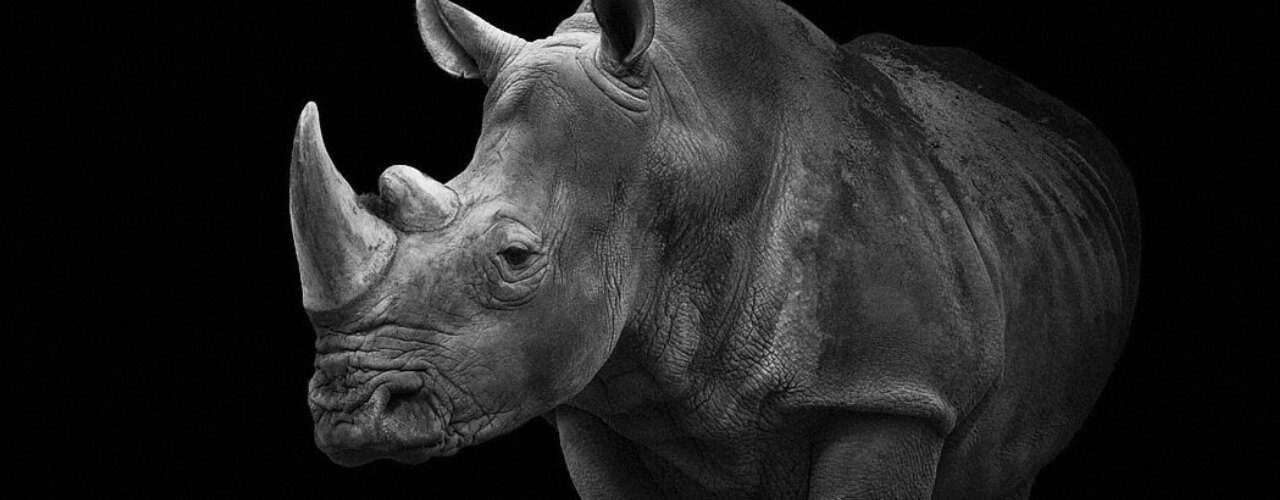
A start-up called Pembient is 3D-printing rhinoceros horn from keratin (the fibrous structural protein that also makes up skin, hair and nails) that is genetically identical to real rhino horn. The hope is that synthetic horn can be sold for alternative medicine as a cheaper alternative to real horn, which is worth up to US $60,000 per kilogram on the black market, thus reducing rhino poaching.
“We surveyed users of rhino horn and found that 45% of them would accept using rhino horn made from a lab”, Pembient Co-founder Matthew Markus told TechCrunch. “In comparison, only 15% said they would use water buffalo horn, the official substitute for rhino horn.”
Pembient hopes to start selling the artificial horn in autumn, at one-tenth of the price of real ones. It is also testing ways to bioengineer elephant ivory, pangolin scales and tiger bone: all endangered animal parts that are traded on the black market.
The illegal wildlife trade, a $20 billion industry, is the fourth-largest black market in the world after drugs, arms and human trafficking. Around 95% of the world’s rhino population has been lost to poaching in the last 40 years, and poaching rates have increased sharply since 2007, pushing the species to near extinction.
Image caption: Fine lines between rhino and reality
Image credit: Wolf Ademelt / Flickr









